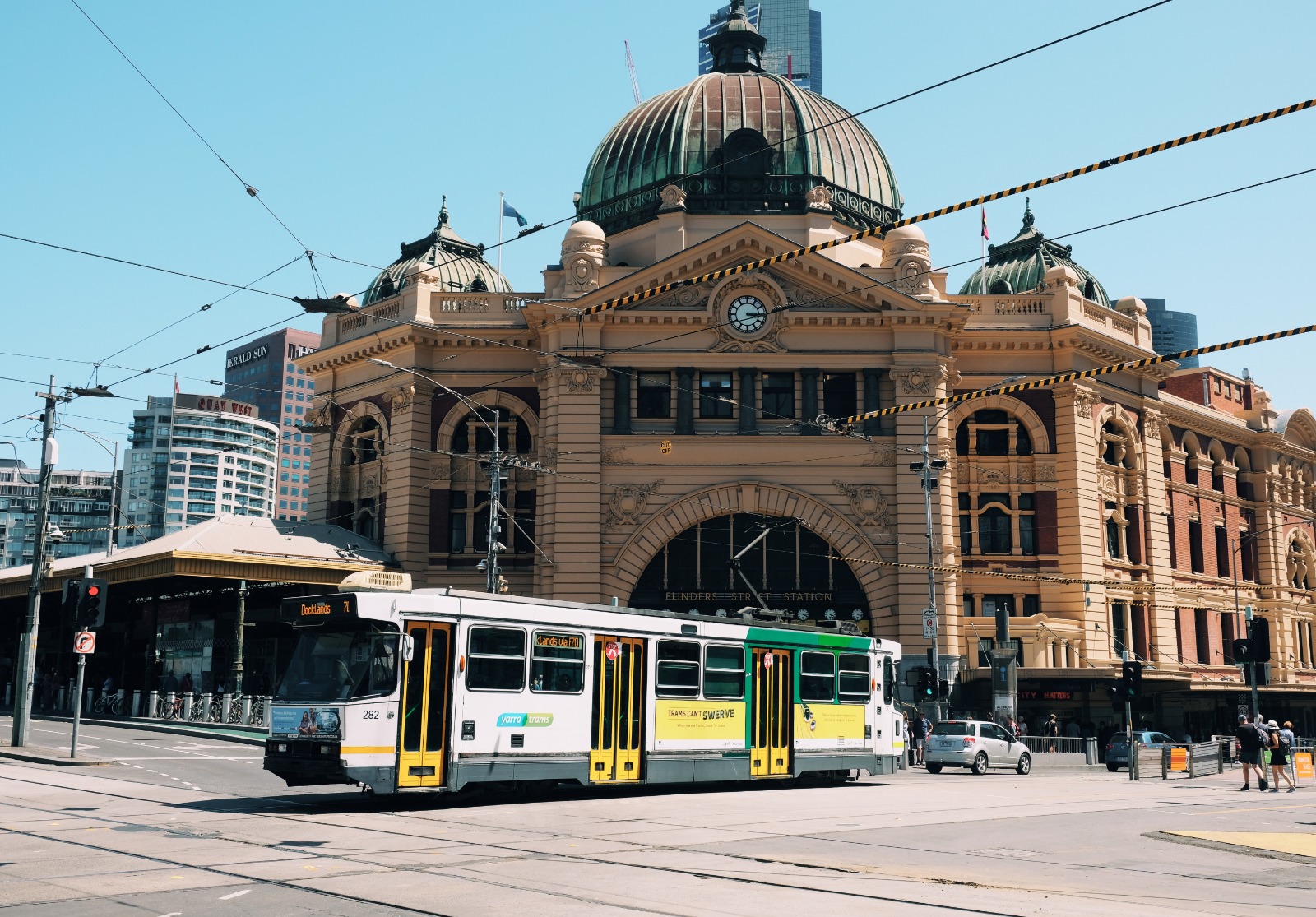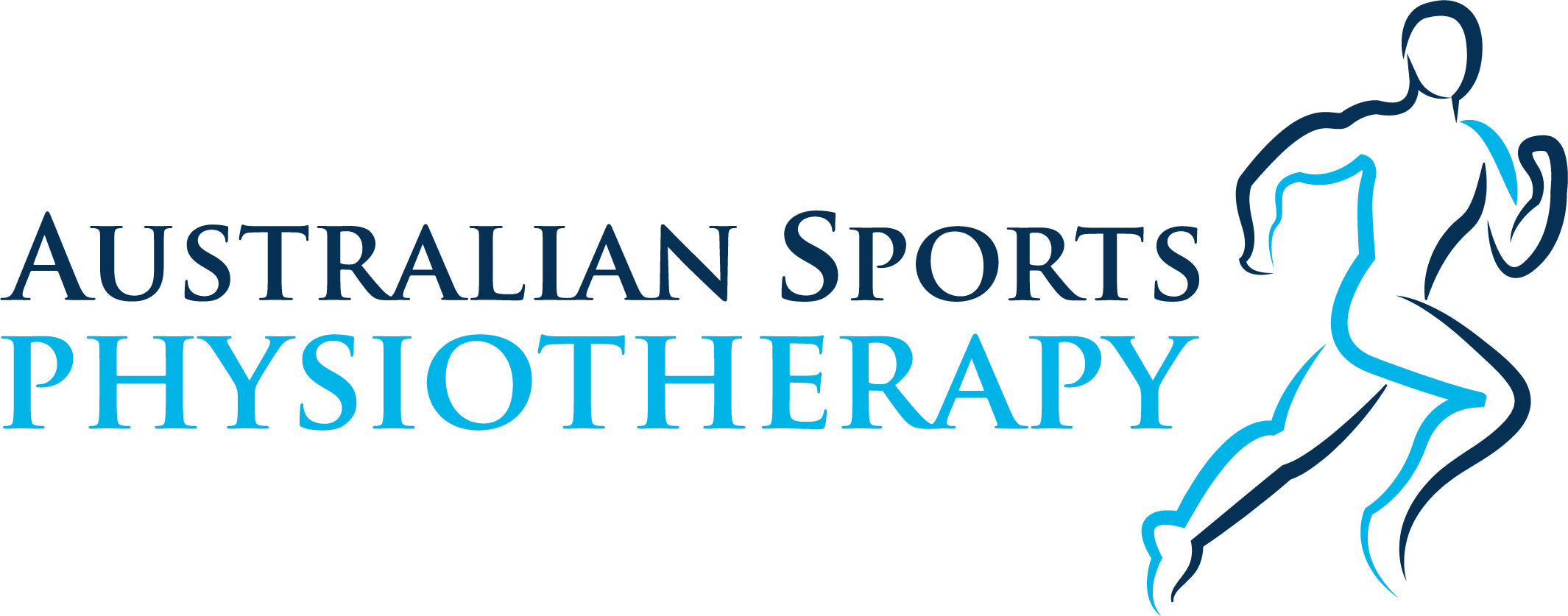A rotator cuff tear can be a debilitating injury that causes significant shoulder pain. Rotator cuff tears are a common cause of shoulder pain, and they can be challenging to treat.
Physiotherapy works well for partial tears of a single tendon, but when multiple tendons have torn, the effect on shoulder dynamics, pain, and recovery is much worse. In these cases, surgery may be required, followed by extensive physiotherapy rehabilitation to regain strength, movement, and confidence.
What is a rotator cuff?
The term “rotator cuff” refers to a group of muscles and tendons in your shoulder. The rotator cuff begins on the shoulder blade and extends over the shoulder, with the tendons anchoring on the upper arm bone and surrounding the ball of the shoulder like a cuff, hence the name. The rotator cuff muscles are known as stabilising muscles because they balance the forces of the larger shoulder muscles and keep the ball of the shoulder in the socket. The rotator cuff comprises the supraspinatus, infraspinatus, subscapularis, and teres minor muscles.
Causes of a rotator cuff injury
An injury or trauma causes acute tears, and they usually occur in people who have never had shoulder pain before (for example, a fall on the arm while skating). Chronic rotator cuff tears develop gradually and are more common as people get older. This is due to degeneration and fraying of the tendons that connect the muscles to the upper arm bone. They will notice that their arm is weaker when performing overhead activities.
People who perform repetitive overhead activities in their occupations or sports, for instance, carpenters, painters, swimmers or throwers, are more likely to sustain rotator cuff injuries. You may experience rotator cuff tears if you have a history of them in your family and if your blood supply is poor, caused by smoking or obesity.

How long does a rotator cuff injury take to heal?
It usually takes two to four weeks for rotator cuff tendinitis or a small tear to heal, but stubborn cases can take months. The initial goal is to reduce swelling and inflammation of the tendons and relieve compression in the subacromial space. After which exercises to strengthen the muscles and improve the range of motion can commence.
How can I heal my rotator cuff faster?
- Get an accurate diagnosis from a qualified professional like a physiotherapist.
- Overhead aggravating movements.
- Adhere to your rehabilitation physiotherapy program.
- Ice your shoulder to aid in pain desensitisation and swelling control
- Avoid shoulder and arm movements that cause pain.
- Avoid sleeping on the injured shoulder.
How do you tell if the rotator cuff is torn or strained?
A rotator cuff tear can be asymptomatic until it becomes severe. However, the following signs and symptoms may appear in some cases:
- You raise your arms with difficulty.
- You will experience pain if you move your arm in a specific direction or lie down on it.
- Insufficiency in the affected shoulder.
- You are unable to lift objects as you usually would.
- When you move your arm, you may hear a clicking or popping sound from the joint.
If you notice any of these symptoms, it’s best to consult a physiotherapist. Ignoring a torn rotator cuff leads to more severe problems in the long run. You could develop a frozen shoulder (a condition in which the tissues around the shoulder contract and restrict its range of motion) or arthritis, both of which are difficult to treat.
Exercises to avoid with rotator cuff injury
- Throwing a ball overhead, especially with heavy balls.
- Swimming strokes that involve an overhand motion should be avoided.
- Lifting weights that strain the shoulder and rotator cuff.
- Any exercise that places your shoulder in a compromising position.

Final thoughts on Physiotherapy for Rotator Cuff Injuries
In most cases, your doctor will recommend physiotherapy as the first treatment for your shoulder pain.
Rehabilitation following rotator cuff surgery also requires physiotherapy.
You can regain shoulder strength and flexibility with exercises that target the specific location of your rotator cuff injury.
Whatever it takes – we’re here to make sure you get back doing what makes you happy again!
Book an appointment today with one of our physiotherapists at Australian Sports Physiotherapy to assess your rotator cuff injury!









